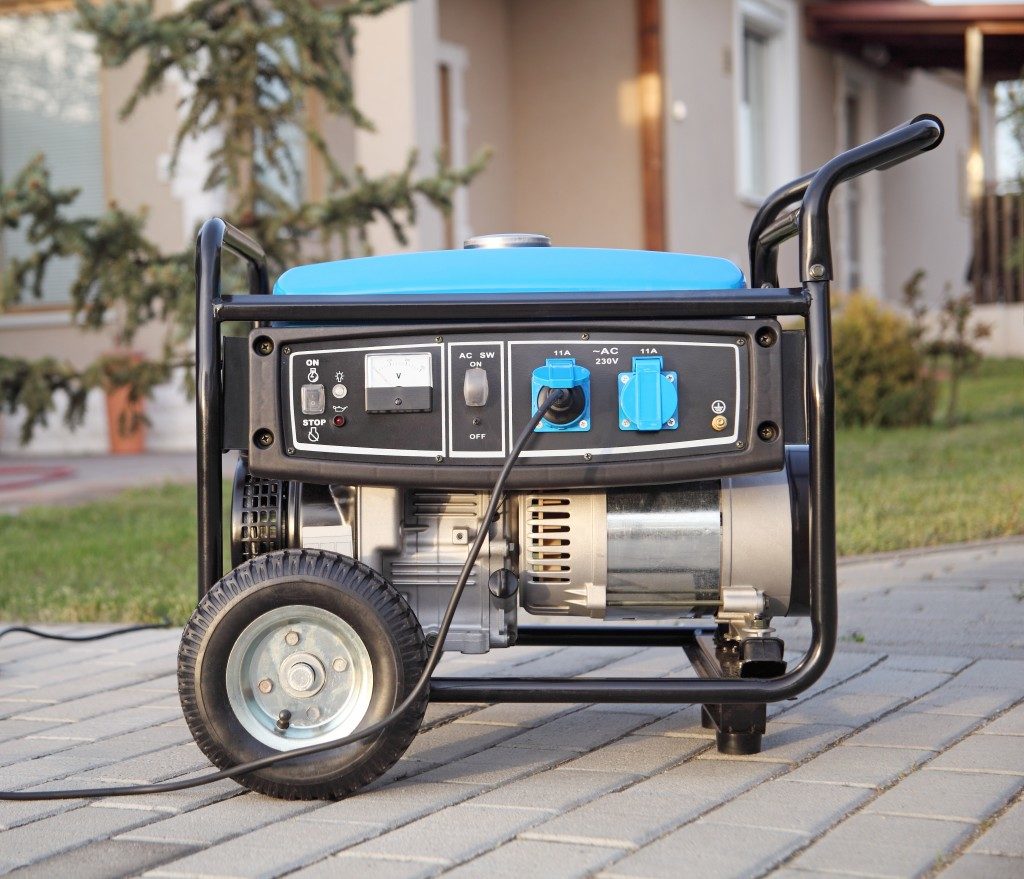Industrial facilities like mines and factories all rely on a power generator to give them enough juice for daily operations or backup power in case of an outage. As resilient and well-built as these machines are, however, they are still subject to a host of problems that can hamper productivity. If you find yourself flustered because your generator won’t start, it may have the following problems.
Fuel, Oil, or Coolant Leakage
Fuel leakage often builds up inside your generator’s tanks before it reaches your factory floor. Have your tanks inspected to see if they have way too much fuel pumped into them. If you do find that there’s a diesel leak on the floor, get a fuel spill kit to mop it up. If you find that overfilling isn’t the issue, check the hoses and tank itself for damage. Call in a professional immediately to fix possible damages and regulate fuel intake.
If your generator is leaking oil, you may want to check your generator for loose-fitting components or worn-out gaskets. Check the generator’s fasteners if they’re wobbly. Replace them with standard-sized screws. Take a look at the gaps between your generator’s oil pipes to see if the gaskets are damaged. When looking for gasket replacements, you should ask your manufacturer if they have a list of approved parts you can use as a guide for your next purchase.
If you find that your generator has low coolant levels, check its radiator first. The plugs may be worn out or rusted. Clamps that aren’t secure enough may also cause this. Finally, check the hoses if they have any punctures. Have these parts replaced immediately to stabilize your generator’s temperature.
It’s Choking from Sludge
If your factory is in a wet area, water from your fuel may condense in your tank and cause a thick sludge to form. Quality Electric Sales & Services says that sludge can then contaminate your fuel supply and clog your pipes and filters. This muck may also develop if your generators are exposed to rain, as water could seep into the fuel tank. Open up your container and look for clogs. If you do find a blockage, invest in a coalescence (water and fuel separation) filter for your generator and make sure your generator’s fuel caps are watertight to prevent further incidents.
A Dead Battery

Generator failure may be as simple as a typical car problem: the battery is dead. Make sure to turn off the unit entirely before checking your cables for loose connections or rust. These may cause constant undercharging which can damage the battery beyond repair. Again, ask your manufacturer if they have recommended wire and battery replacements before buying.
You don’t want to have downtime because of generator problems. Check for the common ones listed here and make sure to create a better maintenance plan for your equipment. They give your facilities power all day and all night. Make sure they’re in tip-top shape, and you won’t have to worry about an outage ever again.

